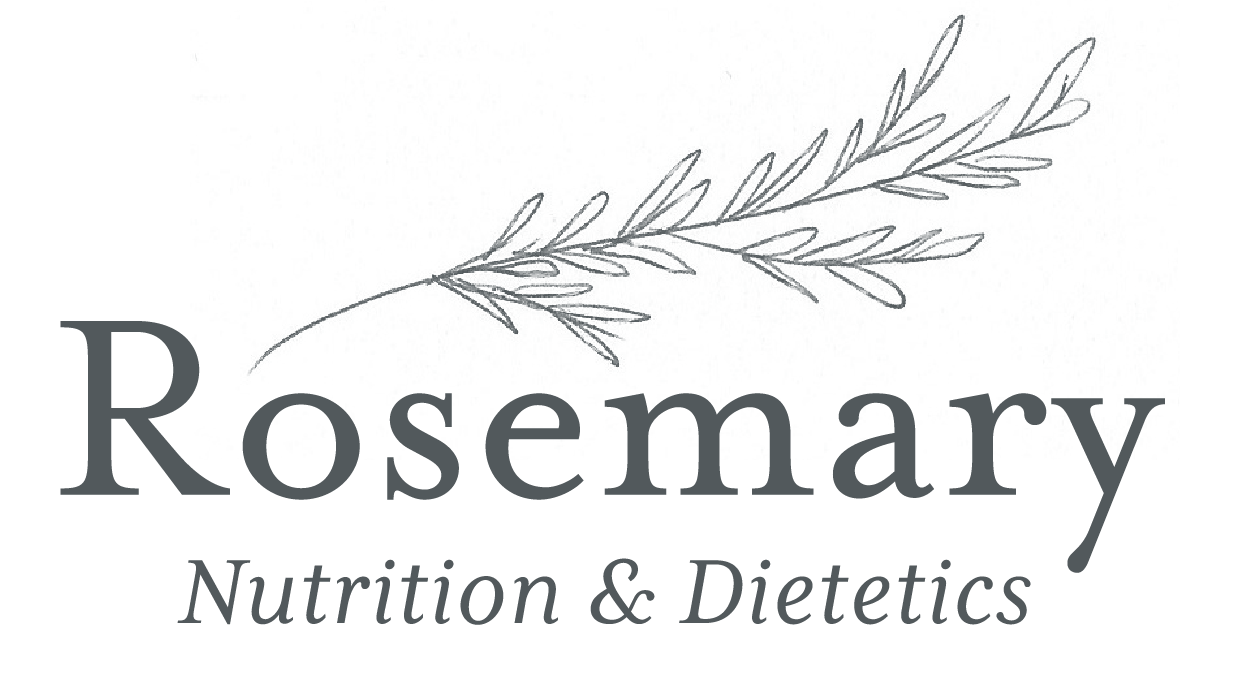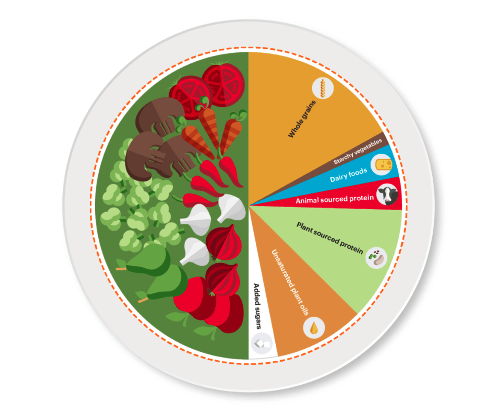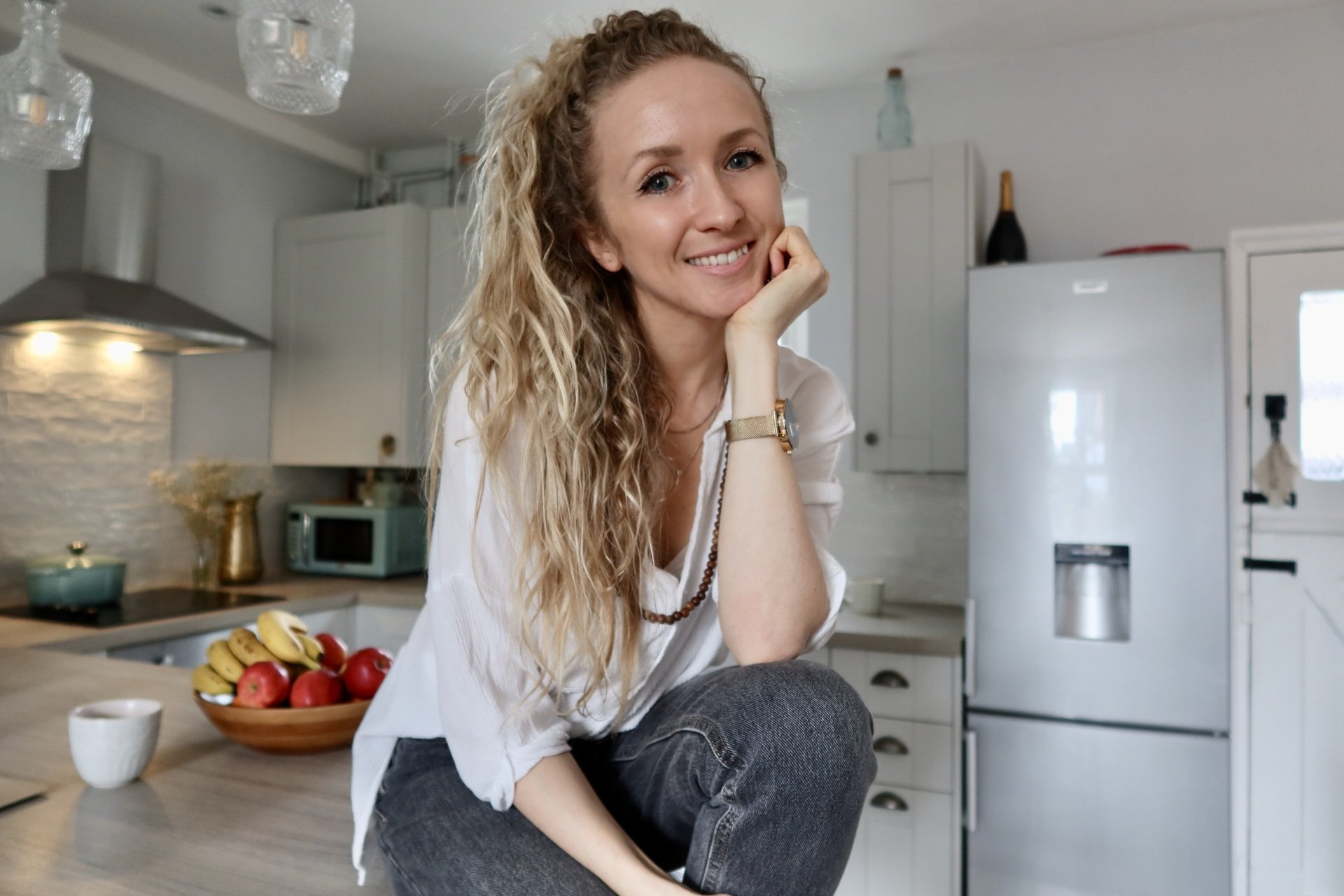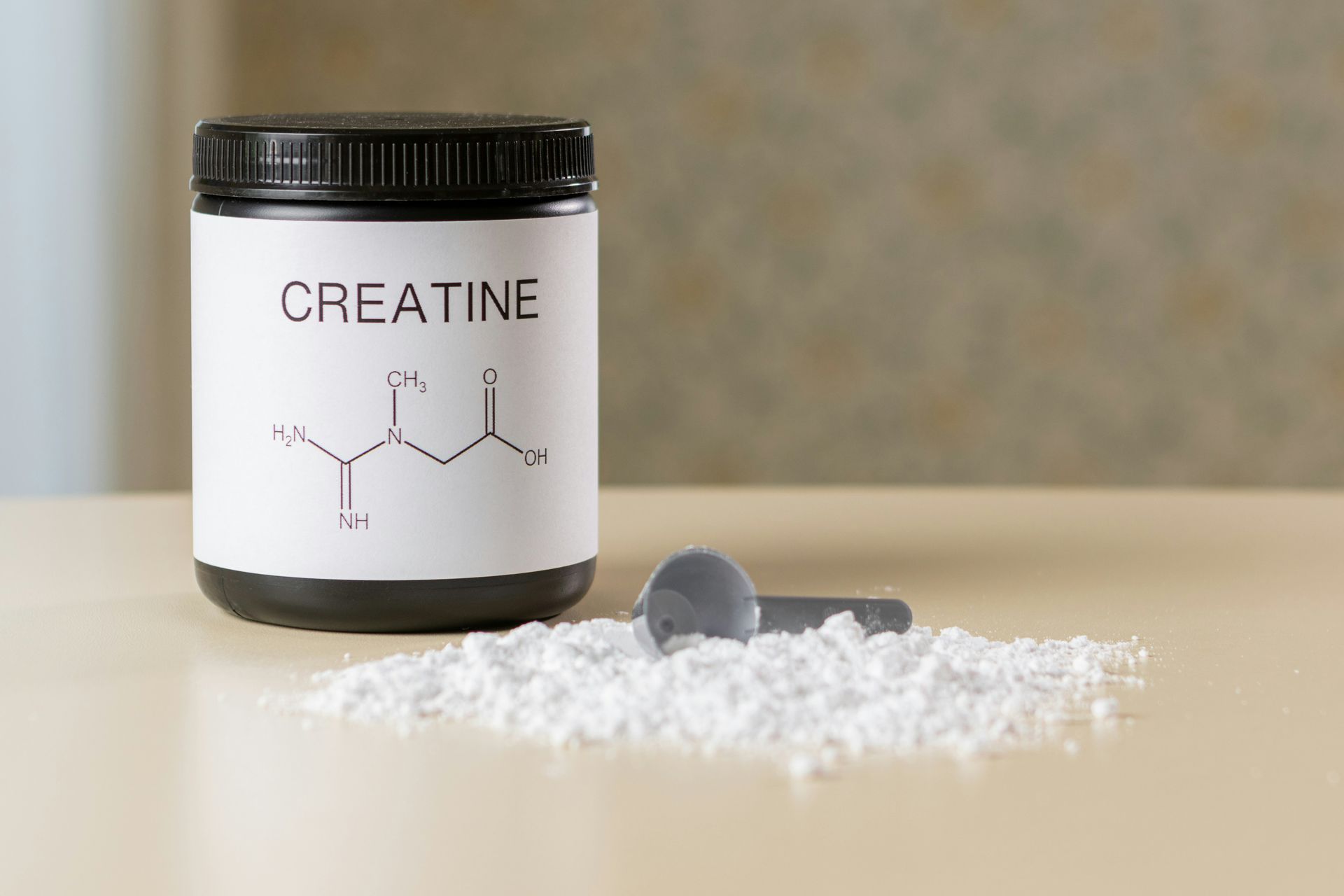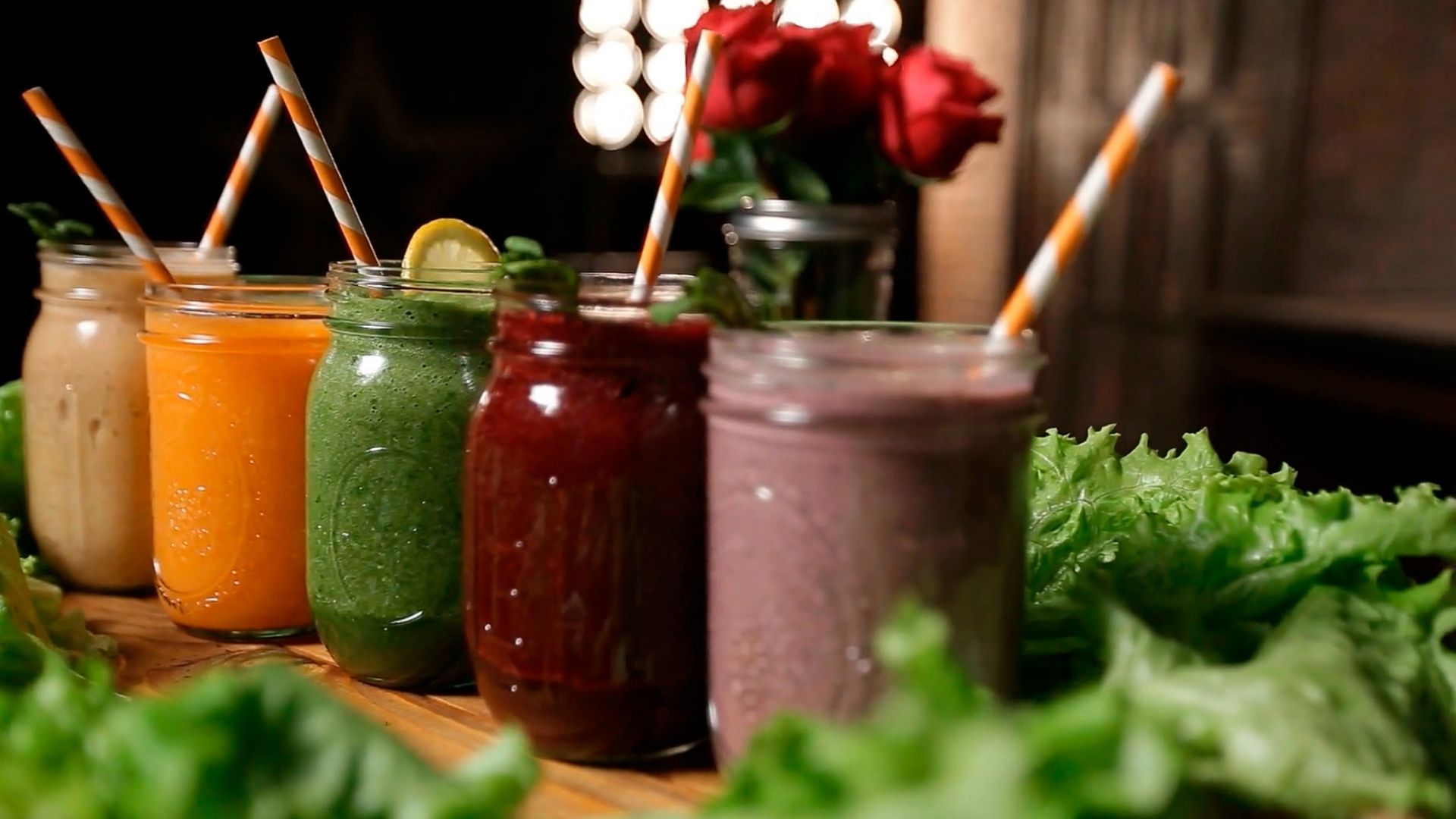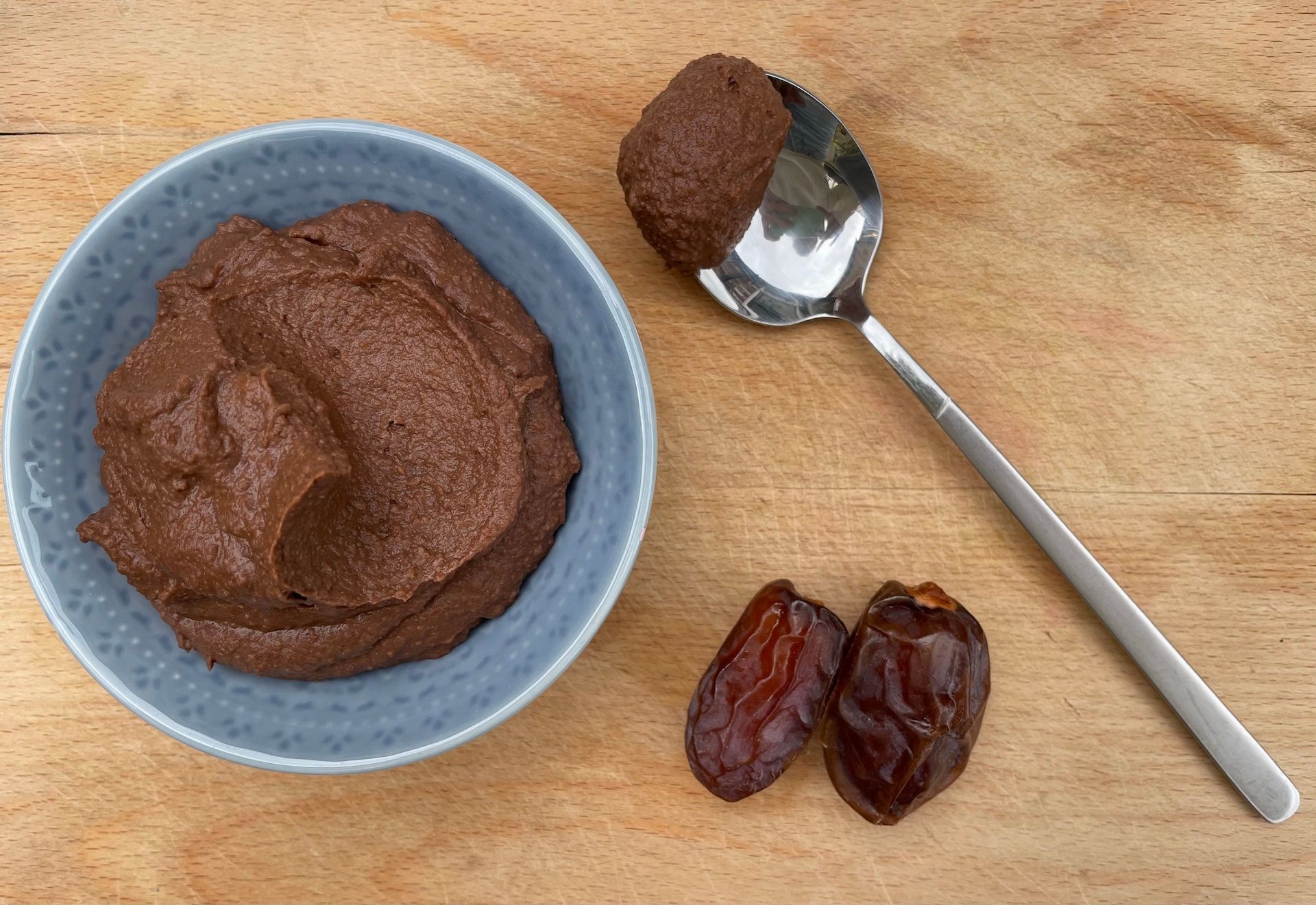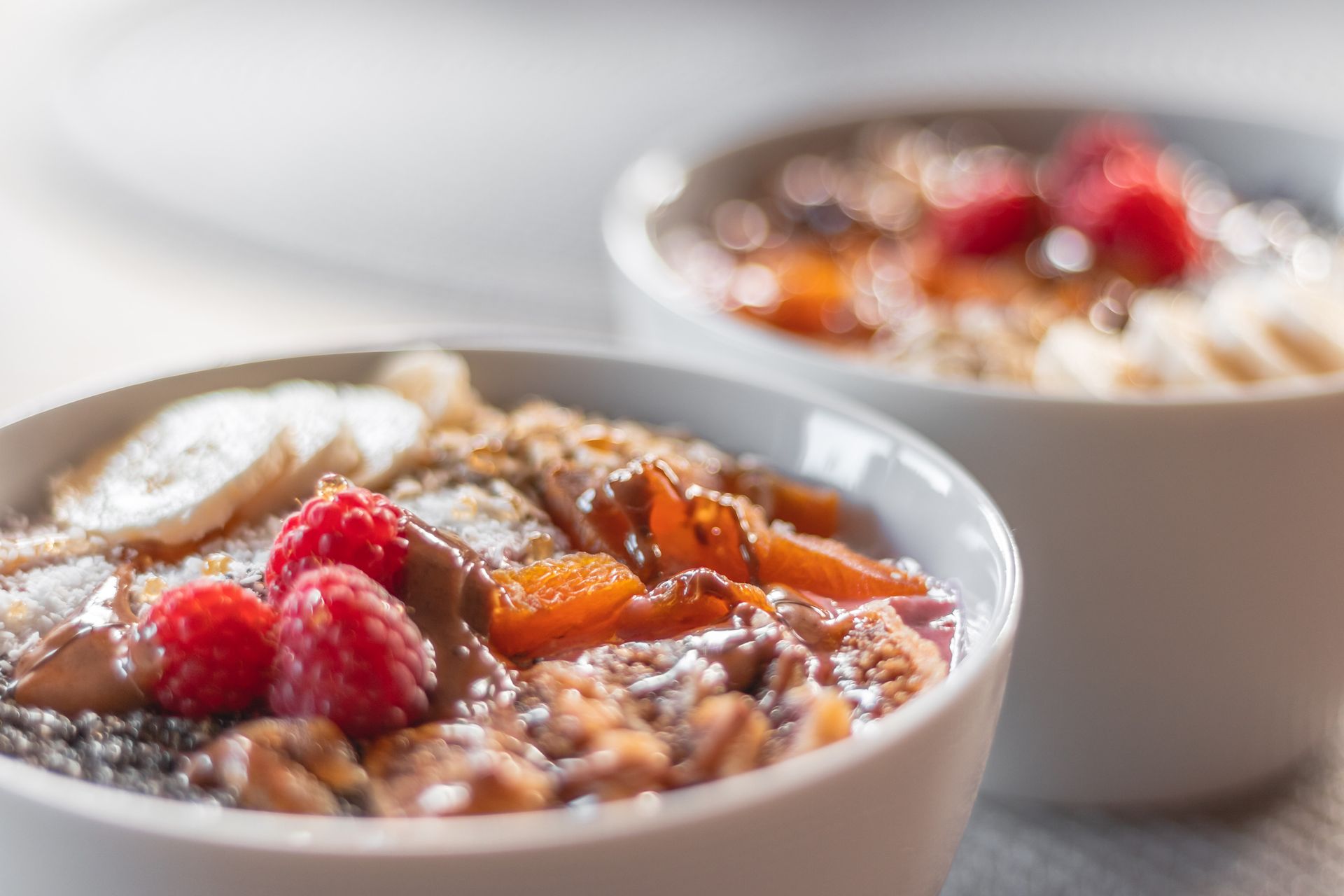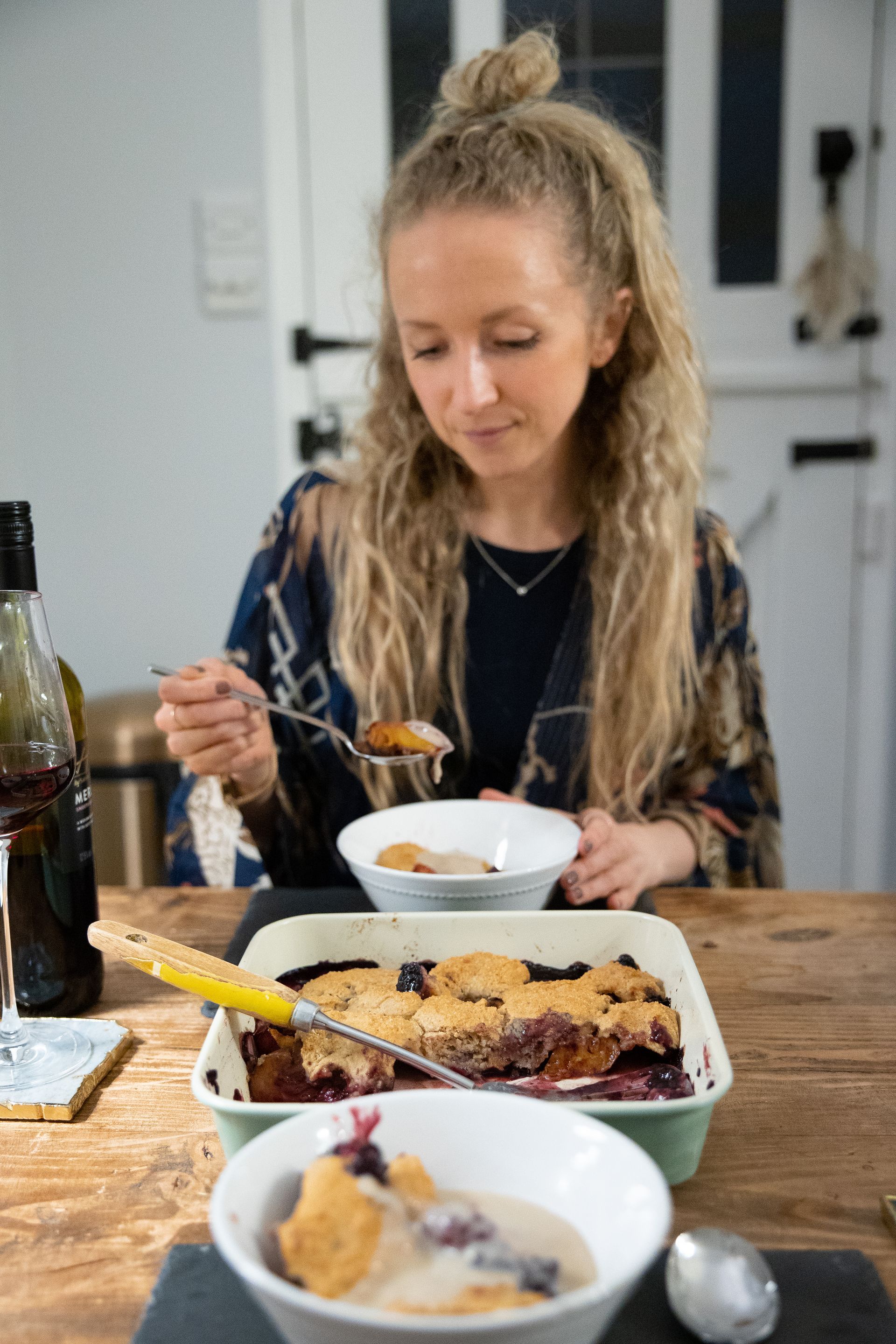Say Hello
Join our newsletter
Join our newsletter
Your Plate, Our Planet
The earth as we know it is changing in front of our eyes. We are now in the first geological time period in which significant environmental changes have been led by human activity; an age coined the ‘Anthropocene’1.
Food is not often talked about in the commentary on planetary health. In this article I will take you through why it is imperative to talk about diet when we discuss environmental degradation, the impact of dietary changes on human health, and some of the darker reasons why you may not be familiar with this information.
‘Food is the strongest lever to optimize human health and environmental sustainability on Earth. However, food is currently threatening both people and planet.’
Eat Lancet Report 20192
The impact of food
Food is fuel for life. Feeding almost 8 billion mouths is no mean feat. Global food production is vast and requires multiple stages, each of which has its own environmental footprint. Crop farming and animal agriculture require land, feed, water, pesticides, drugs including antibiotics and waste disposal. Energy for machinery and transportation is required in harvesting, slaughtering, processing, packaging and distribution. More resources are required for marketing, retail, cooking and eating, as well as waste management, land fill and recycling3.
Some scientists have predicted that with our growing population and current food system, food production needs to double by 2050 in an increasingly constrained environment, although this figure has since been debated4,5. Footprint analyses show us that if everyone used resources in the way that North America and Europe do, we would require between 3 and 5 Earths to sustain ourselves.
Food contributes 15-30% of all greenhouse gas emissions (GHGe) in the UK. It is the leading cause of soil degradation, water pollution, deforestation, loss of biodiversity, species extinction and carbon release. All these factors threaten our very existence on Earth. 85% of fisheries are now fully exploited and the marine vertebrate population has halved. 70% of all water use is used in human food systems, and yet 10 million tonnes of food is wasted or left to spoil, the majority of which (71%) occurs in our very own homes3. In fact, it takes a land mass larger than China to grow food that ultimately goes uneaten.
What can we do?
We all need to eat to survive, so what can we do? The first thing we need to do is find out which foods contribute most to climate degradation. Let’s look at greenhouse gases (GHG), one of the main drivers of global warming and the resulting climate change. Foods that contribute most, based on the percentage of GHG emissions of total dietary intake, are red meat (24.2%) and dairy (14.3%)3.
Why? Think about a cow. A cow requires land, water, feed (grown on additional land and using additional water), and often drugs like antibiotics to stop her getting too sick for us to consume. During the cow’s life, she will expend energy moving around, growing, reproducing and digesting food, a product of which is a more powerful GHG; methane. After our cow is killed, her flesh or secretions that we have taken as milk or meat is just a small percentage of the energy we have put in to keep her alive as long as we needed her. This is a wholly inefficient way to produce food. If we had used the crops to feed ourselves instead of our cow, we would have fed a significantly larger number of people. This is a crucial concept considering at least 811 million people still go hungry worldwide5.
So we should cut down on meat and dairy?
Absolutely. We can see clearly from the below image from the One Blue Dot campaign (British Dietetic Association), that our eating patterns have a huge impact on our personal GHGe3. If you eat a high meat diet (>100g/day), moving towards a moderate meat diet (50-99g/day) would result in a 22% drop in GHGe, and moving to a low meat diet (<50g/day) would result in an amazing 39% drop.
You can also see that a fully plant-based, or vegan diet has the absolute lowest impact of all dietary patterns. And remember, this is just GHGe. We also know that moving towards a plant based diet would also have major benefits in other areas including water and land use. In fact, if everyone moved to a plant based diet, 76% of global farmland would be freed up6. This equates to the land mass of China, Australia, North America and Europe combined. This provides an incredible opportunity to grow all the food the global population needs yet at the same time restore vast areas of land back to natural vegetation, increase biodiversity, reduce species extinction rates, capture and store more carbon from the atmosphere, and bring stability back to the natural world.
Of all foods, red and processed meat have the single biggest environmental impact3. So if you are going to change anything in your diet, let it be reducing or removing these foods and encouraging those around you to do the same.
So what should we eat?
The EAT-Lancet Commission publishes scientific targets to guide transformation in the way that we eat and produce food to deliver a sustainable food system for us and our planet. In 2019, a report was completed by 37 experts in health, environmental sustainability, food systems, economics and political governance. The report’s key takeaway, and chance to find optimism in the current crisis, is that it is possible to feed the world’s growing population a sustainable, healthy diet without further harming the planet. The catch is that it will require significant change2.
The EAT Lancet Planetary Health Diet displays a ‘plant-forward’ diet, with fruits and vegetables making up 50% of the plate. Wholegrains, plant sources of protein such as beans and pulses, and unsaturated plant oils making up the bulk of the remaining diet. Animal products, like meat and dairy, are minimal and considered optional if included at all.
Why don't we already know this?
Unfortunately there are many stakeholders involved in the development of dietary guidelines. Meat and dairy lobbyists have influenced the dietary recommendations for decades to support the financial interests of their industries. Additionally, the government continues to subsidise meat and dairy to drive down the cost of production despite the environmental destruction it is responsible for. You can find out more about this here.
Many organisations have shied away from recommending a vegan diet for sustainability due to the potential backlash from industries and the public, as well as the view that it is too ‘extreme’ or ‘not realistic’. This is in the face of a climate crisis, with data consistently showing that the more plant based your diet, the better. At the same time, thousands of people in the developed world are showing a will to move towards more plant-based options every year7. Any change to minimise your intake of animal products will be beneficial (check out Meatless Monday or Veganuary), and of course not everyone across the world will be in a position to remove animal products completely. But in the western world with so much choice, I would encourage one specific diet for anyone looking to minimise their personal contribution to climate change – a vegan diet.
Rosie's tips for a healthy and sustainable diet
- Swap meat for beans, pulses, tofu or tempeh
- Swap dairy for calcium-fortified plant-based drinks such as oat milk or soya milk
- Bulk up on seasonal vegetables at each meal
- Diversify your diet and try new plant foods
- Cook from whole foods as much as you can and minimise pre-packaged foods
- Swap high sugar and high salt snacks for fruits, nuts, or other whole, plant foods
- Buy local – search for a veg box scheme local to you if it is within your means
- Plan your meals and only buy what you need
- Save leftovers for another meal
- Make tap water from a refillable bottle your drink of choice
Commonly asked questions
Isn’t soya bad for the rainforest?
Alongside clearing land for livestock, soya plantations are one of the big contributors to rainforest destruction. However, 75% of all soya production is used to feed livestock and farmed fish and only 7% is used to make soya products for human consumption 8,9. To drive down land cleared for soya plantations, reducing your intake of animal products is the clear way forward.
What about land not suitable for crops?
There is an argument that animals are needed to make certain areas of land productive. This question implies that all land must ‘earn it’s keep’ by being profitable for humans. But why? If we moved to a plant based diet, so much land would be freed up that we wouldn’t need land not suitable for crops to produce food. It can be rewilded and in some cases used for human recreation and wellbeing.
What about regenerative farming?
Animals are not required for agricultural land management. Regenerative farming is based on the principle of nitrogen capture – something that legumes and other plants do extremely effectively themselves. Composting is the most beneficial way of recycling nutrients. Composting does everything an animal gut would do in producing manure, but has additional benefits such as supporting soil structure, a factor that is highly beneficial for the growth of plants, whilst allowing critical living components of soils that contribute to sustainability to flourish10,11. Animal agriculture often brings damage to the waterways and the ecology of rivers and streams from animal waste which in many cases contains toxic chemicals and drugs used in animal production.
What about ‘food miles’?
Food miles refers to the transportation of food from its origin to your plate. Food miles contribute less than 10% of the total environmental impact of foods12. Although air freight has the biggest impact, it is expensive and so not commonly used by food companies. The biggest impact comes from the farming of the food itself, so your local meat will always come at a higher environmental price than your internationally shipped fruits and vegetables12. A plant-based diet remains the most environmentally friendly option, even if your almonds and avocados are shipped from Mexico.
References
- https://www.nhm.ac.uk/discover/what-is-the-anthropocene.html
- https://eatforum.org/content/uploads/2019/07/EAT-Lancet_Commission_Summary_Report.pdf
- https://www.bda.uk.com/resource/one-blue-dot.html
- https://www.footprintnetwork.org
- https://sdgs.un.org/goals/goal2
- https://josephpoore.com/Science%20360%206392%20987%20-%20Accepted%20Manuscript.pdf
- https://www.vegansociety.com/news/media/statistics/worldwide
- https://www.chathamhouse.org/sites/default/files/publications/research/2016-01-28-agricultural-commodities-brack-glover-wellesley.pdf
- https://ourworldindata.org/soy
- https://royalsociety.org/topics-policy/projects/soil-structure-and-its-benefits/
- https://ec.europa.eu/environment/archives/soil/pdf/soil_biodiversity_brochure_en.pdf
- https://ourworldindata.org/food-choice-vs-eating-local
Rosie is a plant-based registered dietitian, founder of Rosemary Nutrition & Dietetics, and works both in the NHS and as a freelance dietitian.
You can contact her with any queries via Rosemary Nutrition & Dietetics on rosie@rosemarynutrition.co.uk
